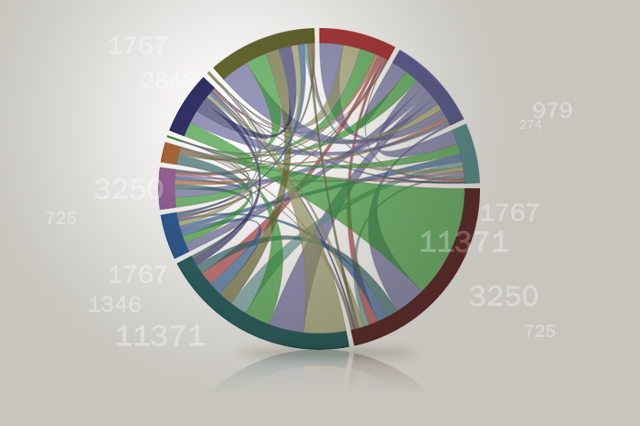
Crime drops under open borders in Switzerland

Reported crime has fallen by more than 20% since the introduction of the Schengen/Dublin agreement in Switzerland ten years ago. However, the number of perpetrators who do not have a Swiss residence permit has increased by almost 15%.
Fears that crime would rise after Swiss voters said yes to membership of Schengen/Dublin have failed to materialise, according to the NZZ am SonntagExternal link, citing data from the Federal Statistical Office.
While the overall number of criminal offences registered by the police dropped by more than 20% between 2009 and 2017, the number of break-ins fell by 37%.
The NZZ am Sonntag pointed out that the category of offenders without a Swiss residence permit included criminal tourists, i.e. people who travel to Switzerland in order to commit a crime.
“While there’s still room for improvement, ten years of Schengen partnership has been a success story for Switzerland that you can’t imagine not existing,” said Priska Seiler Graf from the leftwing Social Democratic Party.
Under Schengen, Switzerland abandoned identity checks on its borders, but it gained access to a Europe-wide crime database. “Without being part of the Schengen Information SystemExternal link, our police force would basically be blind,” she said.
Schengen visas
In addition, last year Switzerland handed out 590,000 of the total 14.7 million Schengen visas to people from third states, who can then travel within the Schengen area for 90 days.
In Switzerland, most of these visas went to businesspeople from China and India, but also to people from Thailand, Russia and Kosovo.
“If the Schengen visa were to be discontinued [in Switzerland], these people would need an additional visa to visit Switzerland, with corresponding consequences for tourism, business and science,” the government wrote in a report in February.
Asylum seekers
Regarding the Dublin accord, between 2009 and 2018 Switzerland turned away almost 29,800 asylum seekers who had already filed a request in another signatory country.
In return, other countries sent around 6,400 asylum seekers back to Switzerland, although this figure is expected to increase as Germany, France and the Netherlands have started sending more asylum seekers to Switzerland in the past year.
Despite this, Kurt Fluri from the centre-right Radical-Liberal Party talks of a “massively positive overall assessment” of Schengen/Dublin for Switzerland.

More
Switzerland’s defence of the Dublin accords is not a coincidence

In compliance with the JTI standards
More: SWI swissinfo.ch certified by the Journalism Trust Initiative






























You can find an overview of ongoing debates with our journalists here . Please join us!
If you want to start a conversation about a topic raised in this article or want to report factual errors, email us at english@swissinfo.ch.